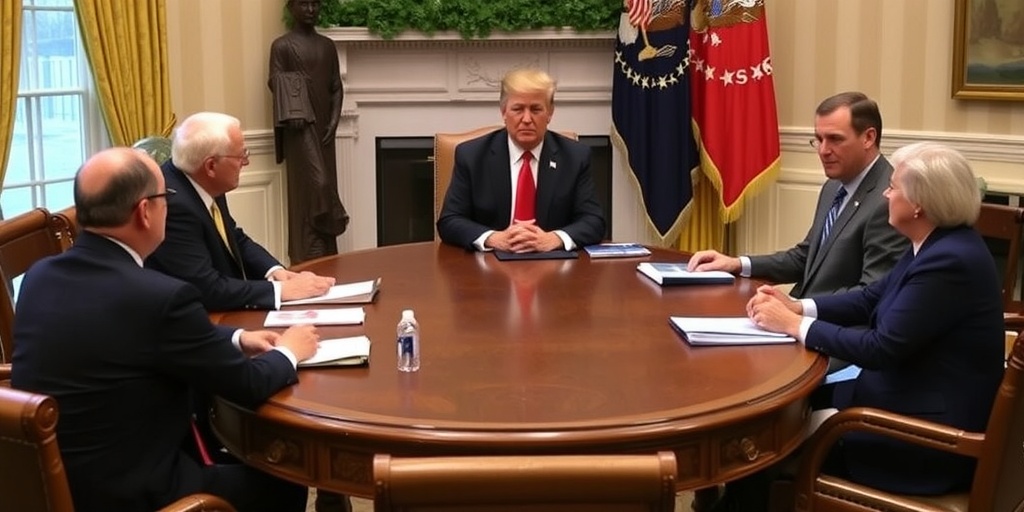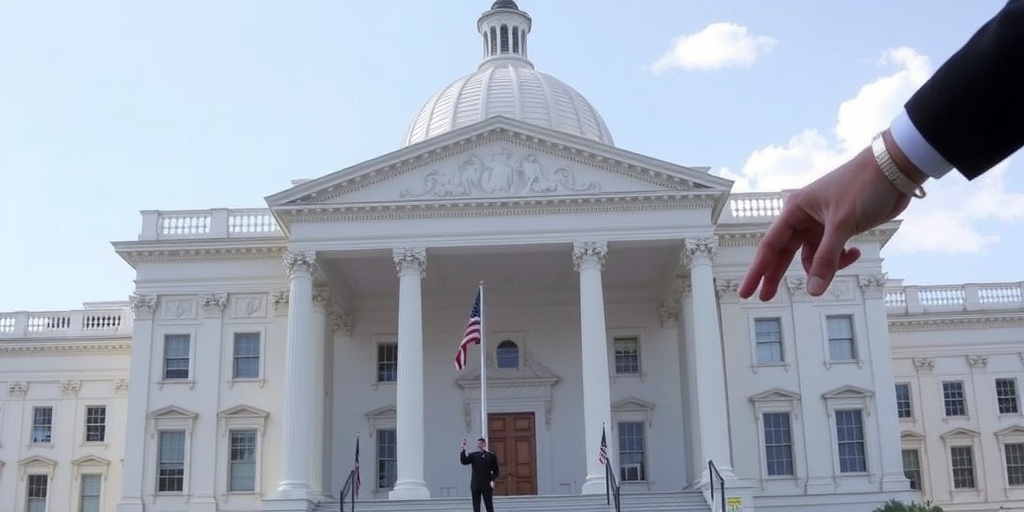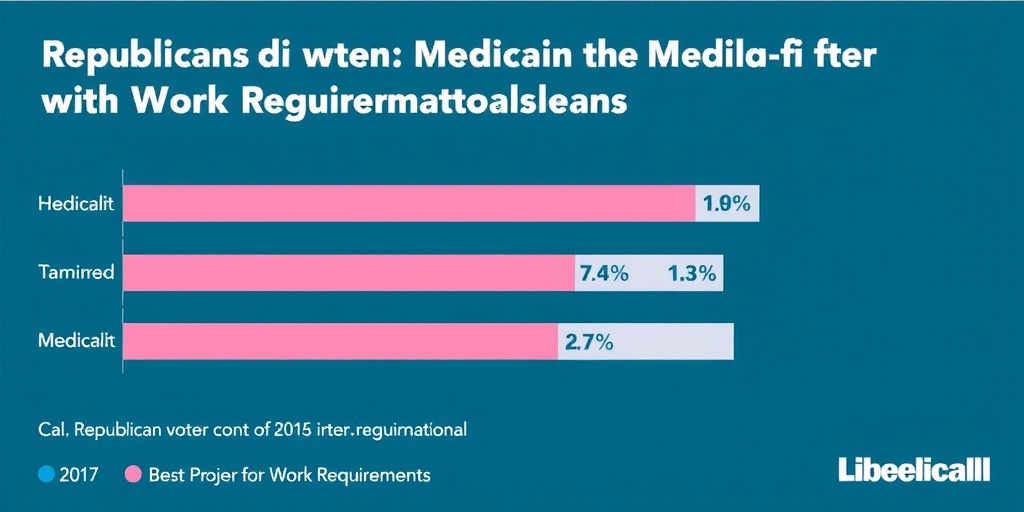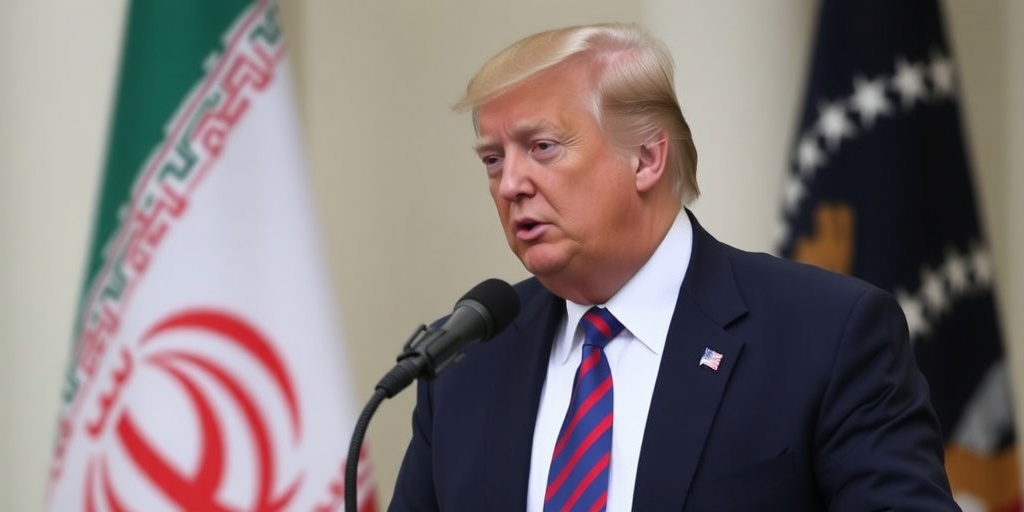Now Reading: Fort Liberty to Be Renamed Fort Bragg, Delivering on Trump’s Promise
-
01
Fort Liberty to Be Renamed Fort Bragg, Delivering on Trump’s Promise
Fort Liberty to Be Renamed Fort Bragg, Delivering on Trump’s Promise
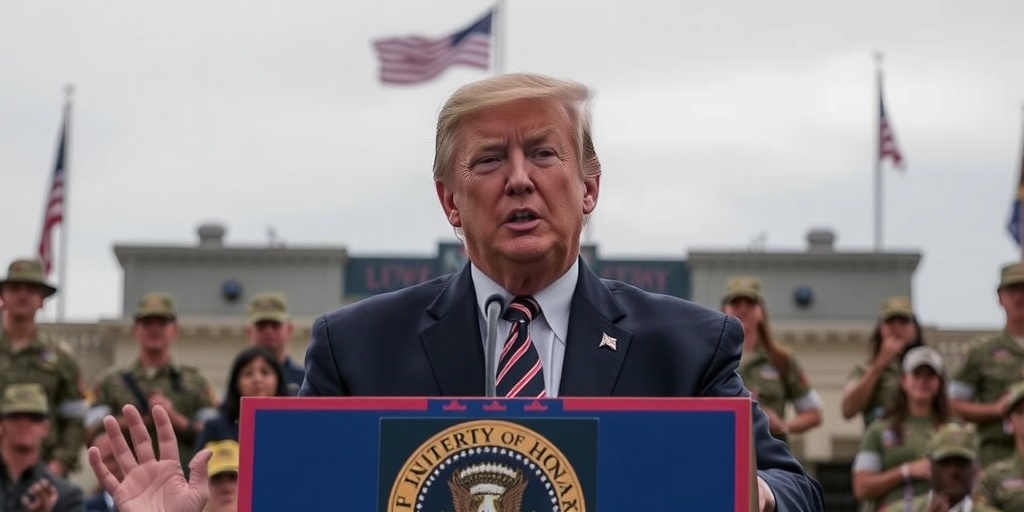
Reinstatement of Fort Bragg Name Highlights Divisive Military History
In a significant political move, the Trump administration is set to officially revert the name of a prominent Army base in North Carolina back to Fort Bragg, a name originally designated for Braxton Bragg, a Confederate general with a controversial legacy. The change, scheduled for a formal ceremony on Friday, signals a broader cultural confrontation over the legacy of the Confederacy within the U.S. military.
The Army base was renamed Fort Liberty in June 2023 as part of an ongoing effort by the U.S. military to confront its historical ties to racism and honor figures who represent unity and patriotism. This initiative arose from the U.S. military’s examination of its history, particularly regarding race, and intended to remove names associated with individuals who fought for the Confederacy, which championed the institution of slavery and upholding white supremacy.
Former President Donald Trump had actively campaigned for the restoration of the name Fort Bragg during his 2024 presidential campaign, promising to replace what he described as "politically correct" changes made during the Biden administration. This return to the original name reflects a victory for Trump, particularly given his previous legislative defeat in 2020, when Congress overrode his veto of a military bill that included a provision to rename nine bases honoring Confederate figures.
The reversal is more than a symbolic gesture; it reflects the complicated nature of American identity and the ongoing debate about how history is remembered. The bases were established in a period when the Lost Cause ideology—the notion that the Civil War was fought over states’ rights rather than slavery—gained traction. By changing the name of Fort Bragg back from Fort Liberty, supporters of Trump are emphasizing a nostalgic view that favors Confederate heritage.
Critics argue that this change is part of a broader effort by Trump and his allies to reshape military culture, focusing on his vision of a "purged" military characterized by the dismissal of perceived "woke" policies. This stance includes opposing diversity initiatives and restricting the rights of transgender service members, aligning with a political narrative that frames contemporary debates around race and identity in combative terms.
In response to the initial renaming efforts, a commission formed by Congress proposed renaming eight of the nine bases to honor distinguished individuals from U.S. military history, with many candidates embodying the values and diversity of the Army. Adm. Michelle J. Howard, who led the commission, emphasized the importance of courage and service beyond traditional racial and gender boundaries, highlighting America’s diverse and inclusive military legacy.
In contrast, the move to restore Fort Bragg’s name is underscored by the endorsement from key political figures like Vice President JD Vance, who inaccurately attributed the name change to Vice President Kamala Harris. He presented the reversion as a matter of pride for the community surrounding the base, echoing Trump’s narrative of valorizing Confederate names.
Accompanying news entails Defense Secretary Pete Hegseth’s recent designation of Fort Bragg for Pvt. Roland L. Bragg, a World War II veteran awarded a Silver Star and a Purple Heart. However, this does not alleviate the tensions surrounding the renaming, as the focus remains firmly on the base’s original namesake.
Moreover, in a related move, Hegseth recently announced the restoration of Fort Benning, named after Henry L. Benning, a noted Confederate general and white supremacist. This move similarly sparked debate as it involves honoring contemporary military figures sharing the same name, further complicating the narrative around the renaming of bases.
The financial implications of changing the names of military establishments are also significant, previously estimated to around $39 million for the initial renaming process. This encompasses the costs of new signage, altering references in print and digital mediums, and modifying related infrastructure. Reverting these names back to their original designations is expected to incur extensive costs as well, indicating a complex relationship between military history, fiscal responsibility, and community identity.
As the ceremony approaches, local businesses and residents in Fayetteville’s vicinity still refer to Fort Bragg as Fort Liberty, illustrating the potential for divisive opinions on the military base’s name among the populace. The reinstatement reflects not only a decision rooted in political strategy but also an enduring struggle within the United States to reconcile historical memory with present-day values and understandings of dignity, service, and patriotism.
Stay Informed With the Latest & Most Important News
Previous Post
Next Post
-
 01New technology breakthrough has everyone talking right now
01New technology breakthrough has everyone talking right now -
 02Unbelievable life hack everyone needs to try today
02Unbelievable life hack everyone needs to try today -
 03Fascinating discovery found buried deep beneath the ocean
03Fascinating discovery found buried deep beneath the ocean -
 04Man invents genius device that solves everyday problems
04Man invents genius device that solves everyday problems -
 05Shocking discovery that changes what we know forever
05Shocking discovery that changes what we know forever -
 06Internet goes wild over celebrity’s unexpected fashion choice
06Internet goes wild over celebrity’s unexpected fashion choice -
 07Rare animal sighting stuns scientists and wildlife lovers
07Rare animal sighting stuns scientists and wildlife lovers













